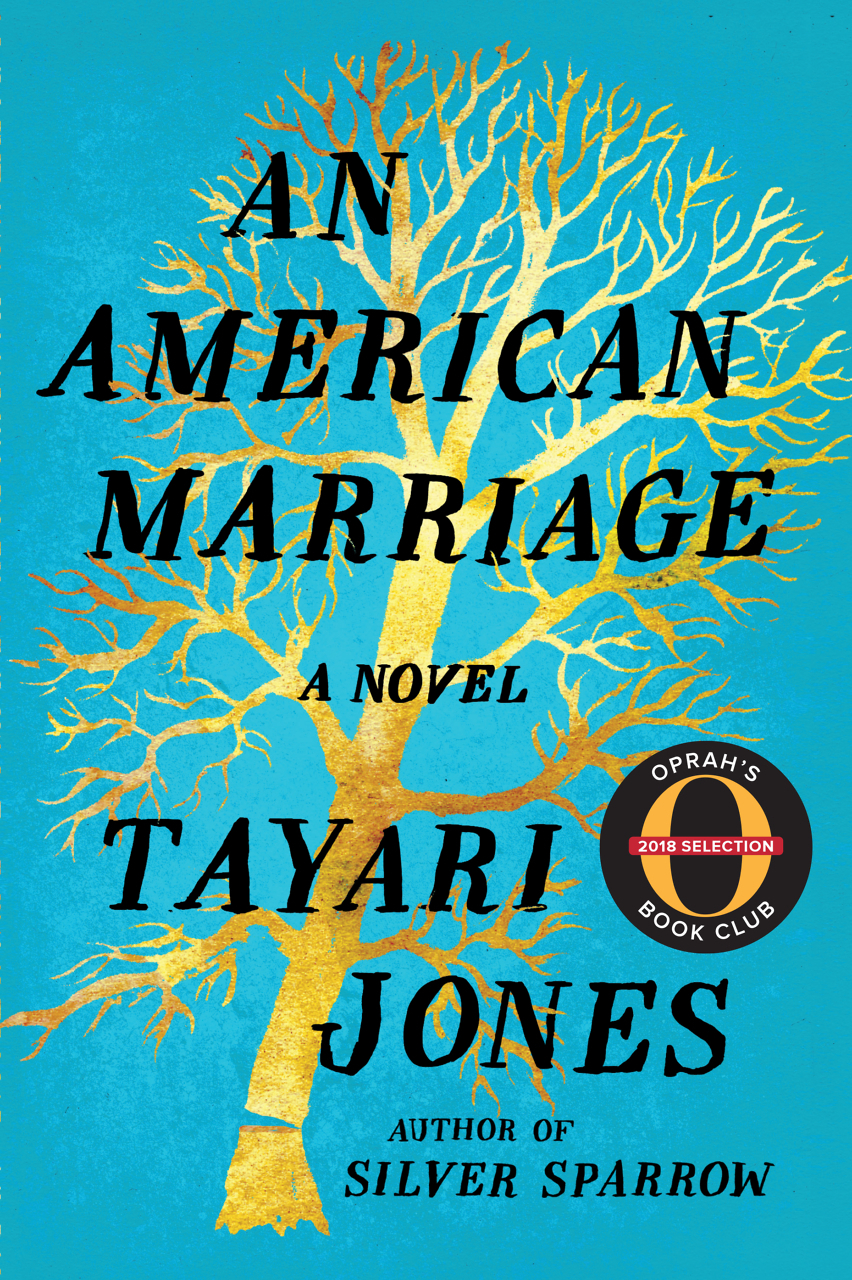Distance from Distraction
Rivendell Writers’ Colony in Sewanee offers writers—and readers—a beautiful respite from the day-to-day world
I ushered in the new year at a writers’ colony on a bluff overlooking Lost Cove in Sewanee, Tennessee. For two days, I sat at a desk in a cottage in the woods, traveling deep into the world of my novel in progress. When I needed a break, I’d retire to the screen porch to watch a fine winter drizzle fall on bare branches, or take walks through a forest gone dreamy in a thick fog. The quiet was stunning. In this special place—Rivendell Writers’ Colony—I found a measure of serenity and single-mindedness that’s impossible to achieve in my everyday life.
 Back at home, I tried to describe the value of this time and place to my non-writer friends. To the world at large, the concept of a writer’s colony might seem strange or indulgent—you have to go away to a special place to write? Can one not write just about anywhere? Aren’t you supposed to be focusing on words on the page, and not beautiful scenery?
Back at home, I tried to describe the value of this time and place to my non-writer friends. To the world at large, the concept of a writer’s colony might seem strange or indulgent—you have to go away to a special place to write? Can one not write just about anywhere? Aren’t you supposed to be focusing on words on the page, and not beautiful scenery?
But for those of us who depend on such spaces for the solitude and focused time they offer, colonies and retreats can be powerful incubators for novels, stories, and poems, allowing writers to immerse themselves in their work, free from the distractions of daily life. While many come seeking the productivity that solitude and focus affords, the friendships and connections established at a colony or residency (various names apply) can be of enormous benefit to a writing life, too.
For a long time, Tennessee could boast of no such dedicated space for writers. But that changed in 2013, when Rivendell quietly became the first of its kind in the state. (Later, another residency program, Sundress Academy for the Arts at Firefly Farm, near Knoxville, opened its doors.) Back when Michael and Carmen Thompson, Rivendell’s caretakers and directors, began working toward establishing Rivendell as a tax-exempt nonprofit organization, they opened the colony’s doors not just to writers but also—in a twist on the typical residency model—to avid readers: people seeking a weekend or several days of respite to spend in the dedicated company of literature. The fees paid by those readers in turn subsidize fellowships for the writers who apply for residencies throughout the year. Carmen sees the two different residencies as forming “one beautiful circle”: on Rivendell’s bookshelves, readers will discover titles written by former writers in residence, and through their payment they support writers who come here to compose new work that will in turn find audiences of future readers.
 In fact, the literary roots of Rivendell extend even more deeply than that: Brinkwood, a farm adjoining the Rivendell property, was once owned by William Alexander Percy, cousin to the novelist Walker Percy. As a young adult, Walker Percy spent many happy summers at Brinkwood with his cousin “Uncle Will,” who was himself a poet and the author of a bestselling memoir, Lanterns on the Levee. William Percy adopted Walker and his brothers after their parents passed away. The surrounding landscape left a profound impact on Percy, showing up in his novels’ characters and settings. Today, visitors to Rivendell may come upon a small stone bench beside a path through the woods; it was one of Percy’s favorite places to rest in quiet contemplation. Now the bench marks a midpoint on the path between a two-bedroom house on the Rivendell property overlooking Lost Cove—a new cottage known as “Percy’s Perch”—and Rivendell Manor, centerpiece of the colony, which is built of the same sandstone as the nearby Sewanee campus.
In fact, the literary roots of Rivendell extend even more deeply than that: Brinkwood, a farm adjoining the Rivendell property, was once owned by William Alexander Percy, cousin to the novelist Walker Percy. As a young adult, Walker Percy spent many happy summers at Brinkwood with his cousin “Uncle Will,” who was himself a poet and the author of a bestselling memoir, Lanterns on the Levee. William Percy adopted Walker and his brothers after their parents passed away. The surrounding landscape left a profound impact on Percy, showing up in his novels’ characters and settings. Today, visitors to Rivendell may come upon a small stone bench beside a path through the woods; it was one of Percy’s favorite places to rest in quiet contemplation. Now the bench marks a midpoint on the path between a two-bedroom house on the Rivendell property overlooking Lost Cove—a new cottage known as “Percy’s Perch”—and Rivendell Manor, centerpiece of the colony, which is built of the same sandstone as the nearby Sewanee campus.
Both Percy’s Perch and the renovated Rivendell Manor are the work of a Nashville philanthropist, Mary Elizabeth Nelson, who purchased the Rivendell and Brinkwood properties in the 1990s. At age sixty, having just divorced her husband of many years, Nelson paid a visit to her godmother in Sewanee. “I was there just two hours, and I said, ‘This is where I’m supposed to live and start a mind/body spiritual center,’” she says. “It inspired such a sweetening of my mind, and I also feel like there’s something about nature that teaches us and shows us the best way for us and for our lives.” She moved to Sewanee a month later.
Carmen and Michael Thompson met Nelson nearly fifteen years later, when Michael began a dual graduate degree in literature and theology at the Sewanee School of Letters. Over the years, Nelson had never settled on a specific plan for Rivendell, but her desire for it to address the mind-body connection, with a healing emphasis, held steadfast. Given Sewanee’s storied literary history, the Thompsons suggested that Rivendell would make an inspiring space where writers could work. Still, it took time for the couple to convince both Nelson and the larger Sewanee literary community of the viability of their vision. “We had to gain their respect so they knew this would be a long-term project,” Carmen recalls.
 The Thompsons now live in a house adjacent to the Brinkwood farmhouse, where Nelson lives much of the year. (She also keeps a home in Nashville.) There they keep a small herd of Old World Jersey cows and eleven chickens, and Carmen manages Rivendell’s residencies, events, and partnerships with regional organizations and with the local Sewanee literary community. “They’ve brought us in and accepted us, and I’m very proud of that,” she says. “And I’m proud that we’ve created a space that writers feel so comfortable in and want to come back to. Writers are people who constantly want to give back to society; they’re always sharing their stories.”
The Thompsons now live in a house adjacent to the Brinkwood farmhouse, where Nelson lives much of the year. (She also keeps a home in Nashville.) There they keep a small herd of Old World Jersey cows and eleven chickens, and Carmen manages Rivendell’s residencies, events, and partnerships with regional organizations and with the local Sewanee literary community. “They’ve brought us in and accepted us, and I’m very proud of that,” she says. “And I’m proud that we’ve created a space that writers feel so comfortable in and want to come back to. Writers are people who constantly want to give back to society; they’re always sharing their stories.”
Michael brings years of experience as an organic farmer to the picture, and stewardship of the natural world at Rivendell is crucial to the colony’s ethos. In the Thompsons’ plan, the land will nourish visitors’ minds, bodies, and spirits, just as it is nourished by its caretakers. Residents are welcome to pick from Michael’s organic garden in season and help themselves to fresh eggs on occasion, and an orchard is in the works. Near the house sits Mary’s Lavender Garden, a vertical labyrinth of lavender bushes that is one of Mary Elizabeth’s favorite places to pause during her frequent walks on the property. Michael describes his approach to care of the land with an acronym, SOIL: Sacramental Organic Intentional Living. “In essence, I’m seeing to the health of the land and the soil. We use biodynamic practices here, and for me it’s a spiritual approach to caretaking,” he says.
Then there’s the indoors: solid and spacious, Rivendell Manor has beautiful exposed beams, large windows, stone and hardwood floors, and plenty of long tables for group gatherings. Downstairs, a living room anchored by a great stone fireplace opens onto a wide wraparound porch with a view of Lost Cove; a well-appointed kitchen abuts a cozy dining room in what was once a garage. Upstairs are six bedrooms, each with a writing desk, five of them named for great authors: O’Connor, Faulkner, Thoreau, Percy, Hemingway. If wi-fi is spotty (or nonexistent) in those rooms, it’s partly by design: the Thompsons want Rivendell to exist as a world apart, a refuge from the demands and siren song of media-rich “real” life.
 The result is a serene space that feels both grounded and airy, historic and modern—a space that encourages you to dive deep into the world of the mind. Outer-world concerns lift like the fog here, and the natural world beckons you to slow down and observe. Novelist Amy Greene, the award-winning author of Bloodroot and Long Man, first observed the magical quality of Rivendell last October, when she spent a couple of weeks working on her next novel there. “I managed to produce about fifty pages of new work while I was on the mountain, but the peace I left with after those two weeks were worth as much to me as the uninterrupted writing time,” Greene says. “Aside from the natural beauty, there’s a sense of almost spiritual calm at Rivendell, due in large part, I think, to Carmen Thompson’s hospitality. Ever since I left, I’ve been longing to return.”
The result is a serene space that feels both grounded and airy, historic and modern—a space that encourages you to dive deep into the world of the mind. Outer-world concerns lift like the fog here, and the natural world beckons you to slow down and observe. Novelist Amy Greene, the award-winning author of Bloodroot and Long Man, first observed the magical quality of Rivendell last October, when she spent a couple of weeks working on her next novel there. “I managed to produce about fifty pages of new work while I was on the mountain, but the peace I left with after those two weeks were worth as much to me as the uninterrupted writing time,” Greene says. “Aside from the natural beauty, there’s a sense of almost spiritual calm at Rivendell, due in large part, I think, to Carmen Thompson’s hospitality. Ever since I left, I’ve been longing to return.”
Lately, Rivendell has made room for more writers: in addition to the Manor, which Carmen prefers to limit to four writers at a time, and Percy’s Perch, there are three more structures on the property now available for visiting writers: a garden cottage next to the Manor, plus Pondview House and its Carriage House. The Thompsons have no plans to expand further. “The last thing we want to do is exploit the land,” Carmen says. Meanwhile, word of Rivendell’s riches is slowly but surely spreading through the literary world. Like Greene, the writers who have been here seem anxious to return as soon as possible. Their numbers are sure to grow, and with it, the fledgling colony’s profile.
John T. Edge, director of the Southern Foodways Alliance, has stayed at Rivendell several times and has a keen affinity for the place and an understanding of its specific magic. “In residence, you discover the mossy-rocked waterfall, the garden path not often taken, the fallen tree that serves as a bench,” he points out in a quotation on the Rivendell website. “You bed to the sound of sonorous frogs, beyond. You wake a to a view of fog-mantled Lost Cove, below.
“And then you write. And you write. And you soon recognize that, like the city of Oxford, the colony of Rivendell is a citadel of stewardship.
“Beyond the literary pedigree, Rivendell delivers what writers crave: peace, quiet, and bucolic distance from distraction. I plan to return two or three times each year.”
Mary Elizabeth Nelson would no doubt agree with Edge’s assessment. She talks of Lost Cove and its history as a sacred place for Native Americans; she talks of the power of nature and a feeling of connectedness between all living things. Rivendell Writers’ Colony embodies everything she’d imagined for this place. “It’s like it’s coming around to my original plan, but expanding it,” she says. “Once you decide what you want, it’s like a whole universe comes in and supports you. Coincidences happen that you never thought would happen. It’s such a beautiful gift. It’s hard to put my finger on it.”

Susannah Felts is a writer, editor, and educator in Nashville, as well as co-founder of The Porch Writers’ Collective, a nonprofit literary center. She is the author of This Will Go Down On Your Permanent Record, a novel, and numerous journal and magazine articles.


